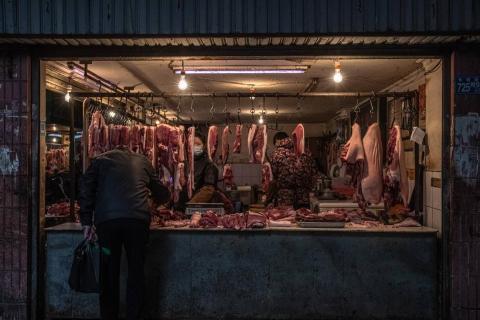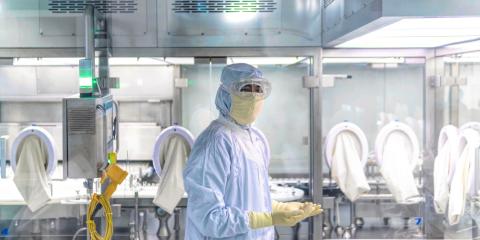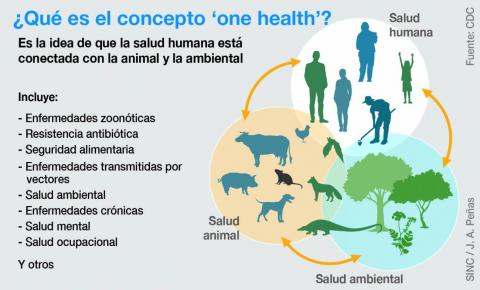Laboratory of Infectious Diseases and Vectors: ecology, genetics, evolution and control (MIVEGEC) of the National Centre for Scientific Research (CNRS)
If you are the contact person for this centre and you wish to make any changes, please contact us.
Research director at the Laboratory of Infectious Diseases and Vectors: Ecology, Genetics, Evolution and Control (MIVEGEC) of the French National Center for Scientific Research (CNRS).

A French researcher has found genetic data showing that raccoon dogs, civets and other mammals susceptible to the infection with SARS-CoV-2 in the early 2020s in the Wuhan market in China. The findings have been presented to the Scientific Advisory Group on the Origin of Emerging Pathogens (SAGO), an expert group convened last year by the World Health Organisation. The data, collected by a team of Chinese scientists, were held in a database called GISAID, but had not been publicly reported and have been withdrawn. SAGO explained the origin of this data and the history of this research in a statement on 18 March.

In an interview with US television FOX News, FBI Director Christopher Wray said that, according to his office's assessment, "it is likely that the origin of the coronavirus pandemic was a leak from a laboratory in Wuhan, China". These statements follow media reports of a US Department of Energy report, accessed by the Wall Street Journal, that would also support "with low confidence" the leak hypothesis. Even so, a spokesman for the US National Security Council told AP that there is "no consensus" among intelligence agencies on the issue.

Climate change will lead to at least 15,000 new cross-species virus transmissions by 2070, as habitat shifts on a 2°C warmer planet will bring previously distant animals closer together. This result, published in Nature, points to increased exposure of humans to pathogens from wild animals.

The pandemic has shown us that neither science nor engineering alone is capable of solving a problem in real time when the crisis is global, when local interventions are costly and of limited effect, when we have to act without having all the information.